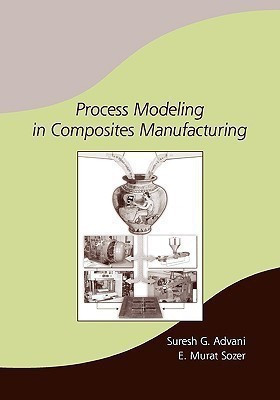Process Modeling in Composites Manufacturing(English, Hardcover, unknown)
Quick Overview
Product Price Comparison
There is a wealth of literature on modeling and simulation of polymer composite manufacturing processes. However, existing books neglect to provide a systematic explanation of how to formulate and apply science-based models in polymer composite manufacturing processes. Process Modeling in Composites Manufacturing, Second Edition provides tangible methods to optimize this process - and it remains a proven, powerful introduction to the basic principles of fluid mechanics and heat transfer. Includes tools to develop an experience base to aid in modeling a composite manufacturing process Building on past developments, this new book updates the previous edition's coverage of process physics and the state of modeling in the field. Exploring research derived from experience, intuition, and trial and error, the authors illustrate a state-of-the-art understanding of mass, momentum, and energy transfer during composites processing. They introduce computer-based solutions using MATLAB (R) code and flow simulation-based analysis, which complement closed-form solutions discussed in the book, to help readers understand the role of different material, geometric, and process parameters. This self-contained primer provides an introduction to modeling of composite manufacturing processes for anyone working in material science and engineering, industrial, mechanical, and chemical engineering. It introduces a scientific basis for manufacturing, using solved example problems which employ calculations provided in the book. End-of-chapter questions and problems and fill in the blanks sections reinforce the content in order to develop the experience base of the manufacturing, materials, and design engineer or scientists, as well as seniors and first-year graduate students.


